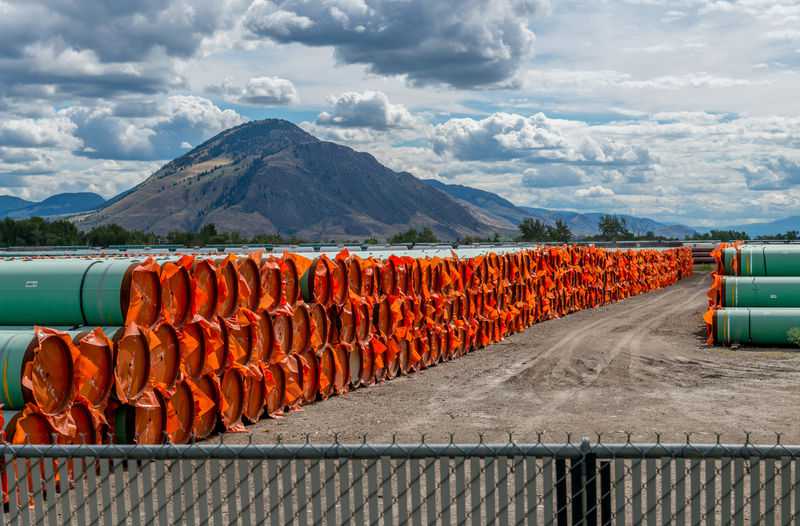Trudeau approves controversial pipeline
20 June, 2019

The Canadian government on Tuesday approved a controversial pipeline expansion project to deliver oil to the Pacific coast for shipping overseas, setting the stage for a major political battle ahead of elections.
Prime Minister Justin Trudeau’s administration had given the project the go-ahead in 2016 on the grounds it was in Canada’s “national interest.”
But it was stalled by legal challenges and protests by indigenous groups and environmental activists, and a federal court last August ordered the government to take a second look.
“Today, I am announcing that our government has approved the Trans Mountain Expansion Project going forward,” Trudeau told a press conference in Ottawa.
“The company plans to have shovels in the ground this construction season,” he said
Tax revenues and proceeds from the eventual sale of the pipeline — which Ottawa purchased last year for 4.4 billion Canadian dollars ($3.3 billion) from Kinder Morgan to salvage the troubled expansion project — would be invested in “Canada’s transition to clean energy.”
The project is to replace an aging conduit built in 1953 to deliver 890,000 barrels of oil a day from landlocked Alberta to the Pacific coast for shipping to new markets in Asia and elsewhere.
Most of Canada’s oil output currently is sold to the United States at a discount.
The government, after an initial environmental review, concluded that the Trans Mountain pipeline was needed to ease Canada’s reliance on the U.S. market, boost local production and get a better price for its oil.
But environmentalists and indigenous tribes worry that increased shipping from a marine terminal in Vancouver could impede the recovery of local killer whale populations.
“We need markets for our resources so long as the world is still dependent on conventional resources,” Trudeau said. “We need money to pay for innovation and the transition towards a greener economy.”
“Fundamentally, this isn’t a choice between producing more conventional energy or less. It’s a choice about where we can sell it and how we get it there safely.”
Critics were unconvinced, vowing to step up protests and legal challenges against the project, while Trans Mountain proponents were hesitant to declare a victory until the new pipeline is actually built.
Source:
